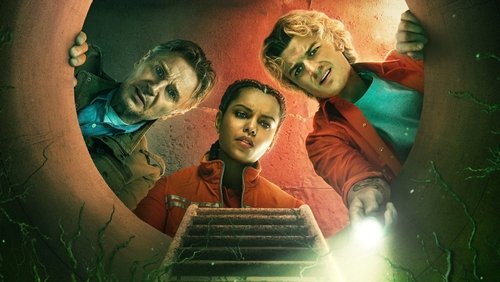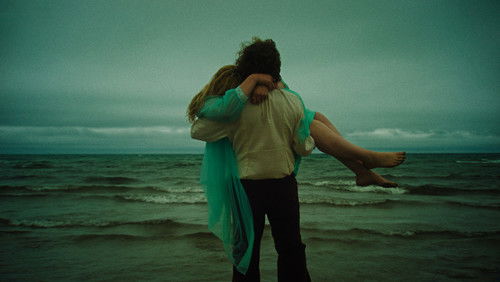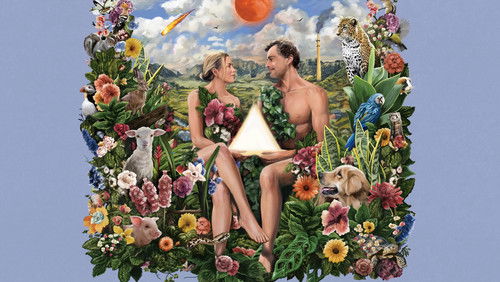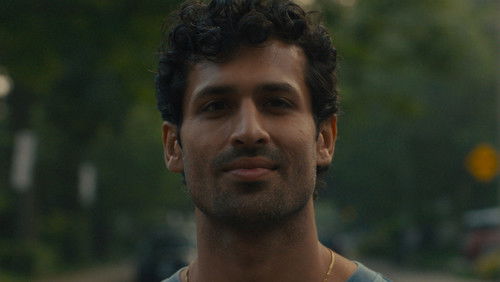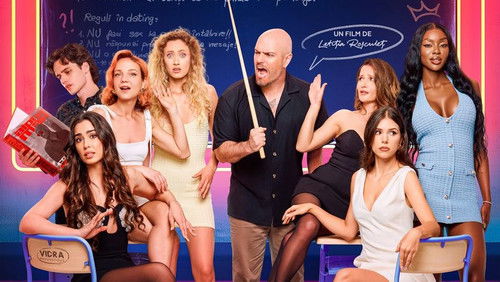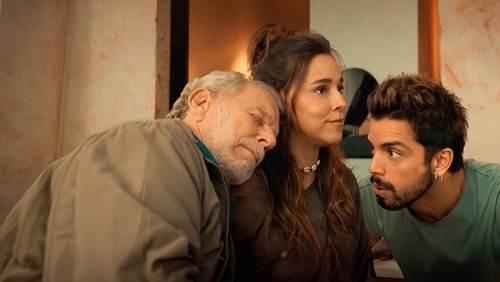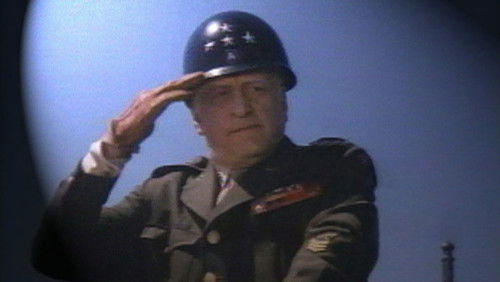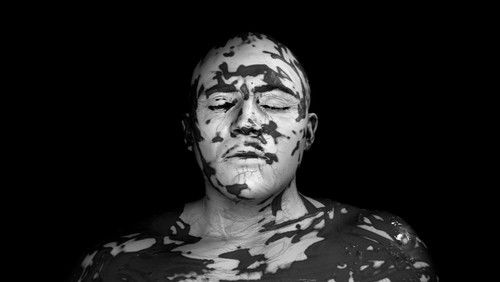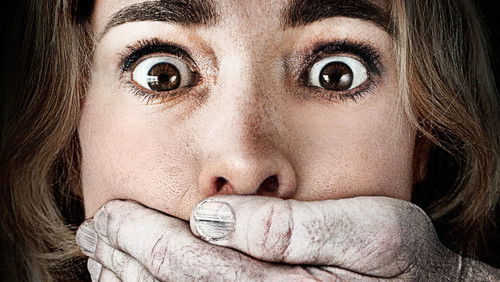Madame Bovary (1949)
62KMadame Bovary (1949). 1h 54m | Passed
“Gustave Flaubertu0026#39;s Madame Bovary is beautiful and shocking, one of the European literary greats. While it is not the most faithful adaptation around, Vincente Minnelliu0026#39;s Madame Bovary does stand on its own two feet and is a beautiful film in its own right. It does suffer from what made the book so complex and shocking not being fully allowed to come out due to the limitations of the Production Code at the time of it being made and released(maybe the filmu0026#39;s length too). So you do miss the stuffiness and hypocrisy of French provincial life, which I always took as a crucial part to Emmau0026#39;s character, while the script could have done with more of a dark edge and Minnelliu0026#39;s direction is often dazzling and technically skilled(the ballroom sequence has to be a highlight in his directorial career) but also a little too relaxed in places, so the drama has occasional stodginess. But it is unfair to dismiss Madame Bovary due to these because its positives are a great many. That it is one of the most visually beautiful films of the 40s is one, the costumes are evocative and astonishingly elegant, Emmau0026#39;s dresses are a wow factor while the sets are the very meaning of grand with a Baroque/Roccocco influence. The photography dazzles just as much as Minnelliu0026#39;s technical style in the ballroom sequence(an intricate and in all senses wonderful scene, perhaps one of the greats in cinematic history). Miklos Roszau0026#39;s music score is another huge part of the appeal, one of his best, the stylistic elegance, haunting undercurrent and energy are all here in the score, the Madame Bovary Waltz being the most memorable. u003cbr/u003eu003cbr/u003eThe script may lack edge, but it does maintain the booku0026#39;s ironic humour and is very poignant too without descending into melodrama, and the story regardless of the watering down still compels and moves. Some may find Flaubertu0026#39;s narration and trial at the beginning unnecessary, to me it was actually very interesting- James Masonu0026#39;s thoughtfully earnest performance as Flaubert helps- and that the book itself caused a scandal at the time and is still controversial now made it further easier to understand why the booku0026#39;s depth doesnu0026#39;t quite come through here. The aforementioned ballroom sequence is the highlight of the film, but the deserted windswept streets in the middle of the night scene where Emma is waiting for Rudolphe is beautifully shot and emotionally telling. The performances are fine, Jennifer Jones is very moving(not to mention stunning to look at), she does capture the selfishness and insufferable woman traits that Emma has yet makes it clear Emma is also a victim of her own passions, it is very easy to not stand Emma and make her one-dimensional but with Jones there is a degree of compassion. Van Heflin is sympathetic and mild-mannered without being too much of a bore and oafish without being too much of a dork and clown, like with Jones both of those are easy traps to fall into. Louis Jourdan is perfectly cast, suave and charismatic while conflicted and menacing. Alf Kjellin is a gentle Leon, a good contrast to Jourdanu0026#39;s Rudolphe, while Gladys Cooper as ever is a scene stealer as is Frank Allenby as the malefic Lu0026#39;Hereux. Harry Morgan and Gene Lockhart are dependably solid. Overall, a beautiful film but those wanting a faithful adaptation of Madame Bovary(a big ask really as it is perhaps one of the most difficult books to adapt) may want to look elsewhere. But even then, there will be people who think that to some extent but still take this film for what it is. 8/10 Bethany Cox”
